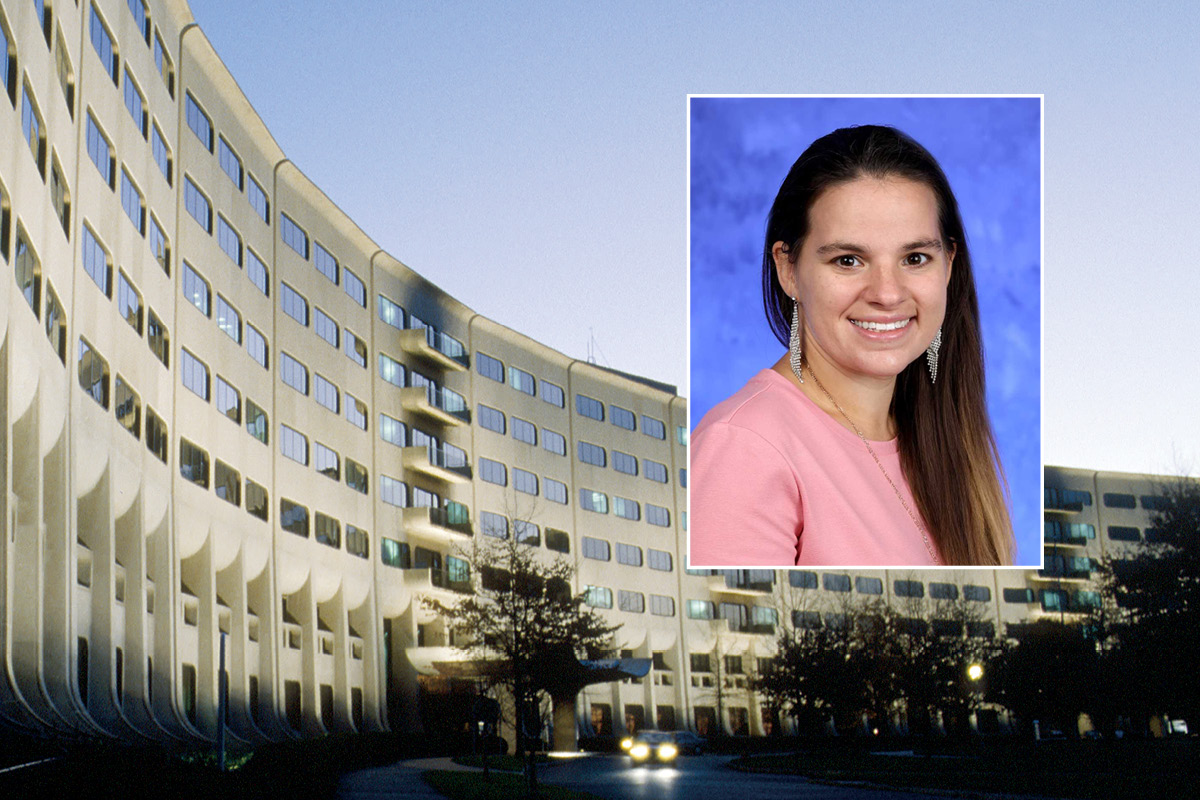Careful planning may reduce COVID-19 risks for elective cancer surgery patients

Taking steps to reduce exposures for cancer patients receiving elective surgeries may reduce their risk for contracting COVID-19, according to Penn State College of Medicine researchers. They contributed to an international study which showed that 2.3 million cancer surgeries were postponed during the early months of the coronavirus outbreak. As the global pandemic continues, researchers are exploring ways that medical teams can safely perform elective surgeries while safeguarding patients’ health.
In the report, researchers studied the benefits of establishing designated surgical areas used for critical care that are separate from locations used to treat COVID-19 patients. Public health doctoral student Anna Ssentongo, Dr. Joshua Hazelton and Dr. John Oh from the Department of Surgery led the College of Medicine’s contribution to the international study.
The group analyzed data from 9,171 adult patients from more than 50 countries. The study included patients at 445 hospitals, who underwent elective cancer surgery through April 19, 2020. Of those included, 39.2% were male, and 17.9% were under 50 years old. Patients who tested positive for COVID-19 or had related symptoms were excluded.
Approximately 75% of patients required major surgery for cancer. The majority of patients (72.9%) underwent surgery at a medical facility that had no defined COVID-19 free surgical pathway. Patients who received care at a facility with a COVID-19–free surgical pathway tended to be younger and have fewer comorbidities. These patients were more likely to have better surgical outcomes with fewer complications.
Findings showed that even in hospitals with defined COVID-19 free surgical pathways, patients had a risk of contracting COVID-19. However, the rate of overall postoperative infection was 3.2% and cases were lower at hospitals with designated surgical pathways. In addition, postoperative mortality rates were lower at medical facilities with COVID-19 free surgical pathways.
“This study is important when considering global recommendations for COVID-19. At Penn State Health Milton S. Hershey Medical Center, we are fortunate to have separate operating rooms for COVID-19 positive patients to prevent the spread of disease,” said Ssentongo. “However, globally, this is not currently the case in many areas. By keeping operating room spaces separate, the transmission of COVID-19 is less likely.”
This study could help health care providers prepare for future outbreaks. The researchers said that while updating facilities will be a costly investment for medical providers, high-risk patients could benefit from hospitals enhancing protocols and establishing COVID-19–free surgical pathways. According to the researchers, older patients, males and patients with cardiorespiratory comorbidities face the greatest risk of an adverse outcome. They said that while hospitals with COVID-19–free surgical pathways still present a risk for patients, facilities can implement improved measures to minimize exposure through increased testing and adequate access to personal protective equipment.
Paddy Ssentongo, Jaime Maines and Niraj Gusani of Penn State College of Medicine also contributed to this research.
If you're having trouble accessing this content, or would like it in another format, please email Penn State Health Marketing & Communications.
